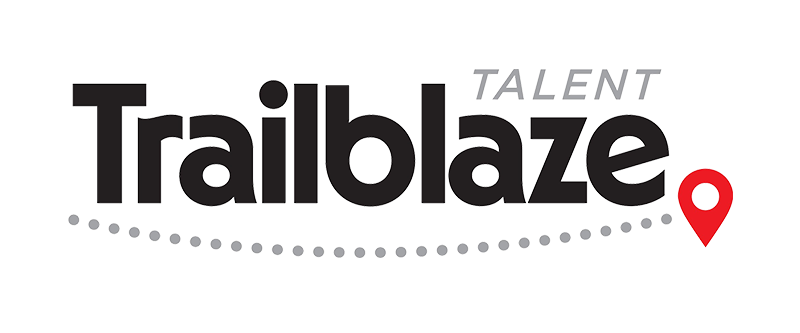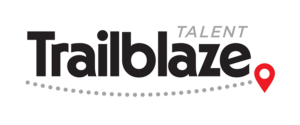
How to Negotiate Job Offers Effectively
Navigating the job offer phase is a crucial part of your job search. Understanding and negotiating your job offer effectively can significantly impact your career satisfaction and growth. As a staffing expert, here are key insights to guide you through this process.
Evaluate the Offer Thoroughly: Don’t rush to accept. Carefully review all aspects of the offer, including salary, benefits, work hours, and other terms. Consider how it aligns with your career goals and expectations.
Understand Your Worth: Research industry salary standards for your role and location. Know your value in the job market to ensure the offer is competitive.
Look Beyond Salary: Benefits, work-life balance, career development opportunities, and company culture are also crucial. Sometimes, these aspects can outweigh a higher salary elsewhere.
Practice Negotiation: If the offer doesn’t meet your expectations, prepare to negotiate. Practice your negotiation pitch, focusing on why you deserve what you’re asking for.
Be Professional and Positive: Approach negotiations positively and professionally. Express gratitude for the offer and enthusiasm for the role while discussing your needs.
Consider the Whole Picture: Sometimes a job offer may not meet all your expectations but offers other growth opportunities. Weigh all factors, including the potential for future advancement.
Know When to Walk Away: If the offer doesn’t meet your essential criteria and negotiations aren’t fruitful, it’s okay to decline respectfully.
Get Everything in Writing: Once you reach an agreement, ensure all the terms are clearly stated in the offer letter or contract.
Ask for Time if Needed: If you need time to consider the offer, it’s acceptable to ask for a reasonable period to think it over.
Understanding and effectively negotiating job offers is a skill that benefits your long-term career trajectory. It demonstrates your professional maturity and ensures that you start your new role with clear expectations and satisfaction. As staffing professionals, we advise taking a balanced approach, focusing not just on immediate gains but also on long-term career goals and satisfaction.







